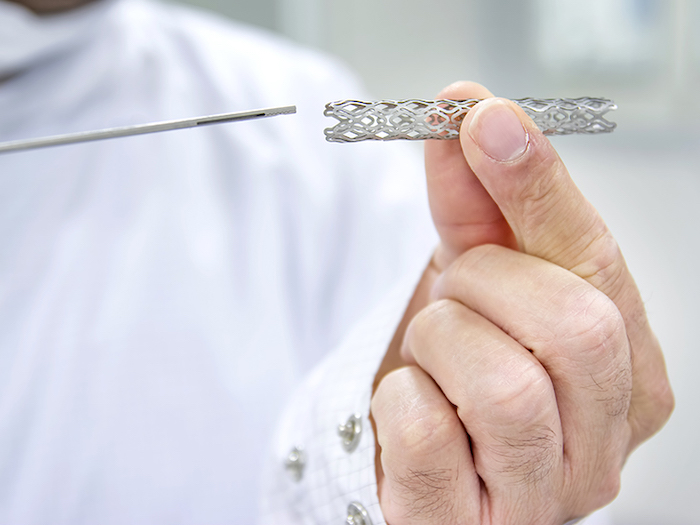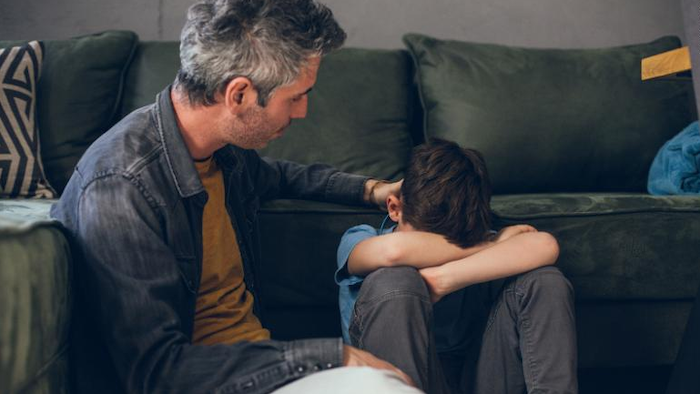Only the most avid readers of this blog may recall a similarly titled posting, How I Spent My Summer Vacation, from August 1, 2016.

Well, here it is nearly five years later and I have another harrowing experience to tell you about.
Three months ago, I started having some pain in my left shoulder while walking. (Actually, the shoulder pain started three years ago. But after a stress test scheduled by my GP a year ago, to confirm if this was discomfort was heart related, and the test coming back negative, I decided that the pain was structural. I just figured that I had bursitis.) In fact, all symptoms disappeared after the stress test. Go figure!
Anyhow, the shoulder pain reappeared in March. This time around, it began to radiate down my arm. Soon I couldn’t do any kind of walking, let alone hiking, without discomfort. This was a bit of a problem because I’m an avid walker. Two months ago, the shoulder pain began to radiate not only down my arm but into my arm pit and then into my chest and back.
By this time even I knew that this wasn’t no stinkin’ bursitis.
At the behest of my GP, I reached out to my cardiologist again. I had just had a major pain episode that nearly brought me to my knees, and I wanted his input. At the appointment the cardiologist showed only minor concern. He said he wanted me to do another stress test in 30 days and then see him again in six weeks, the end of July. I couldn’t believe it. I was exhibiting all the classic symptoms of angina and I thought I needed more than a promise of a stress test and a follow visit.
At the end of the appointment, as the doctor was leaving the exam room, I said; “What am I supposed to do about all this crippling pain?” “Oh,” he replied, “I’ll write you a prescription for nitro glycerin. When you begin to experience pain, pop a tab under your tongue. This will give you relief.” And so, it did. It was kinda miraculous actually.
Problem was, I needed to pop a tab at least once a day, often twice a day.
When my GP discovered that I was doing so much nitro, he became very proactive. He ordered a chest x-ray, a CT scan, and some blood work. He wanted to rule out lung problems among other things.
When my first nitro glycerin script was nearly exhausted, I call the cardiologist for a refill. His nurse freaked out at the amount of nitro I was taking and said; “Nitro glycerin is supposed to be used sparingly, for emergencies.” I replied; “Well, then I’m having emergencies each and every day, and often twice a day.”
Apparently, this nurse’s concern lit a fire under my cardiologist. She told me that the doctor now wanted me to skip the stress test, still weeks in the future, and come in for an angiogram. He had an opening on July 2nd. Could I last two more weeks? I didn’t think so.
Meanwhile, my GP wanted me to consult with another cariology practice in Bellingham, 45 miles from where I live. Since I had lost all confidence in the local cardiologist, I agreed. In a matter of hours, I was set up with the PeaceHealth cardiology practice. I was to call the next day and set up an appointment with the next available cardiologist. Things were that critical. Last Friday morning I called and set up an appointment for the following Tuesday.

My GP also insisted that I call 911 if my pain increased.
That night, Friday night, it did. Despite popping two nitro glycerin tabs in three hours I was still in acute pain and short of breath.
At about 10:30pm I woke up Steve and asked him to drive me to Emergency Receiving at Island Hospital.
Once in the ER, I was immediately strapped to a heart monitor, blood was drawn, and arrangements were made to medivac me to St Joseph Hospital in Bellingham. The first blood test revealed normal levels of the cardiac enzyme which measures the levels of enzymes and proteins that are linked with injury of the heart muscle. I thought that was good news. Four hours later, still in the Island Hospital ER, there was another blood draw. This time the cardiac enzyme reading had spiked. The doctor told me I must have had a heart attack in the interim.
I languished for ten hours in the Island Hospital ER. They were having a problem finding transportation to Bellingham.
At 9:30am Saturday morning I was finally on my way to St. Joe’s.
Once there, I was placed in the Cardiac ICU where I was poked and prodded to within an inch of my life. I also got an echocardiogram. I had had no food or water since the previous evening. I was exhausted and, I’ll admit, frightened.
Being the good little end of life educator that I am, I had the foresight to bring along a copy of my POLST (Physician Orders for Life-Sustaining Treatment) form. The ICU nurses were so surprised that I had this important document with me. They said they never see patients being this proactive.
At the top of the POLST form, the very first question asked is about Cardiopulmonary Resuscitation Orders. One can either choose: YES CPR: Attempt Resuscitation, including mechanical ventilation, defibrillation and cardioversion (or) NO CPR: Do Not Attempt Resuscitation. I had chosen the second, NO CPR. I hadn’t come to this decision lightly, but it did reflect my deepest held feelings about end of life care for myself.
Later that afternoon I had my first encounter with the cardiac surgeon. He sauntered into my room as brusque as you please and announced that he wouldn’t even consider the life-saving treatment I needed, an angioplasty, if I didn’t change my POLST form to allow a full code should complications arise during the procedure. I was absolutely stunned! I was being held hostage at this most vulnerable point of my life. And for what?

Cardiac surgeons are at the pinnacle of the medical pantheon and most have egos that surpass their bountiful skills. They almost never encounter resistance from anyone, least of all from a lowly patient. But I stood my ground.
“Are you telling me that you won’t save my life if I don’t grant you a full code?”
He responded; “Yes, my hands are tied.”
I couldn’t believe my ears. I tried to explain why I had chosen the DNR (Do Not Resuscitate). He just blew me off. He was so condescending and patronizing. My efforts to defend my choices fell on deaf ears. I could just imagine him thinking; how adorable is this? A layman trying to play doctor with the big boys? The standoff continued.
“Why do we even have POLST forms?” I asked.
“They are for emergencies.” He responded.
“So, and EMT (Emergency Medical Technician) or an ER doc would be constrained by my POLST, but not you, a cardiologist? I see! Actually, I don’t see. This is ridiculous.”
He just stared at me.
You know how this is gonna end, huh?
In the end I sheepshly relented. What could I do? I was so bummed.
The cardiologist walked out of the room without another word and I had no idea where I stood.
Hours later, I asked one of the nurses; “Will I be getting the angiogram, or not?” He didn’t have an answer. Nothing like adding anxiety to an already overburdened heart.
Around 6:00pm two burly nurses stopped outside my room with a gurney. “Let’s get you up here.” One said pointing to the gurney. “What’s going on?” I asked. “Time for your angioplasty.” And just like that I was wheeled off.
I guess it was determined that my case was critical, and no time could be wasted in attending to me, POLST form be damned. My echocardiogram showed a major blockage in my already weakened heart. An hour and a half later I was the recipient of two brand-spankin’ new heart stints, don’t cha know.

I’ll spare you the gory details of my recovery. I’ve gone on too long already. Suffice to say that with the assistance of a cohort of amazing nurses and other support staff, I am here to relate this story to you. God bless ‘em all!
There are a lot of lessons to be learned here, not least of all is our right to choose the end of life path we desire despite the pressures of conflicting interests. And how we ought to stick to our guns because our wishes are sacred all bullying aside. But the biggest lesson and…
The End

